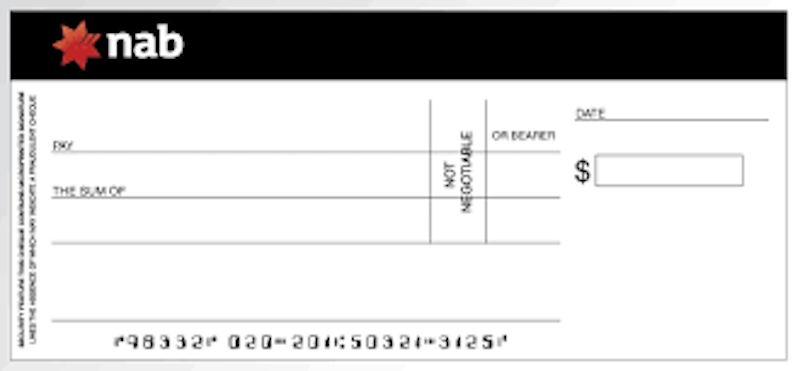
A move to phase out the Bulk Electronic Clearing System and move all domestic direct entry electronic payments to the New Payments Platform is at the heart of a plan announced by Treasurer Jim Chalmers yesterday to modernise Australia’s payments infrastructure and regulation.
Other changes outlined in the Strategic Plan for Australia’s Payments System include phasing out the use of cheques, full implementation of least cost routing, further investigation of the potential for a central bank digital currency and some remedial work on the Consumer Data Right.
Announcing the strategic plan at the Australian Banking Association conference, Chalmers said: “Our regulatory frameworks and infrastructure have not kept up with the big trends and transitions happening in finance, especially when it comes to the digital economy and payments. Our vision is to create a modern, world class and efficient payments system.”
The government plans to amend the Payments System (Regulation) Act to establish a licensing framework to make the treatment of different payment providers more consistent and improve transparency.
Existing definitions of “payment system” and “participant” will be updated to ensure that all entities that play a role in facilitating or enabling payments are appropriately regulated.
Chalmers said new regulation would regulate payment service providers based on the payment functions they provide and would have “a particular focus on making sure that new entrants have clear, transparent direction on what they need to do to access the system”.
The move to the regulation of functions, not companies, would allow for more effective regulatory coverage of businesses like tech companies that are in the payments system.
The amendment will also introduce new ministerial powers “that can be exercised in the national interest to ensure government can respond to issues beyond the remit of independent regulators”.
And the government will take steps to strengthen communication and collaboration between payment system regulators.
Chalmers said that, subject to consultation, legislation to amend the Payments System (Regulation) Act would be introduced this year.
Another speaker at the ABA conference, Westpac chief executive Peter King, said the move from BECS to the NPP would be a big change for corporates who use BECS now, but it would deliver benefits.
“With BECS you can’t check the name of the account you are moving funds to. The NPP allows you to do that and that will help with detecting scams.
“It is faster and at scale it will bring down costs. Another benefit is that you can transfer a lot more information with payments.”
The cheque system has been winding down for years and there have been a number of proposals to end cheque payments.
Chalmers said it was time to bite the bullet: “We have seen a 90 per cent decline in volumes over the past 10 years and cheques now make up 0.2 per cent of non-cash retail payments in Australia.
“Leaving cheques in the system is an increasingly costly way of servicing a declining fraction of payments.”
He said Commonwealth government departments would move to new forms of payment by 2028, with the cheque system ending no later than 2030.
There is no plan to phase out cash. The strategic plan commits the government to support Australians having continued access to cash.
On the issue of least cost routing, Chalmers said the Reserve Bank had already set out clear expectations for the industry and the government would take action to back it up if necessary.
The RBA is currently pushing merchant acquirers to meet commitments to make LCR available to merchants taking contactless card payments in-store. It also wants them to make LCR available to merchants for online transactions and has warned that the industry is not meeting the RBA’s timeline for this.
The RBA is targeting LCR for mobile wallets by the end of 2024.